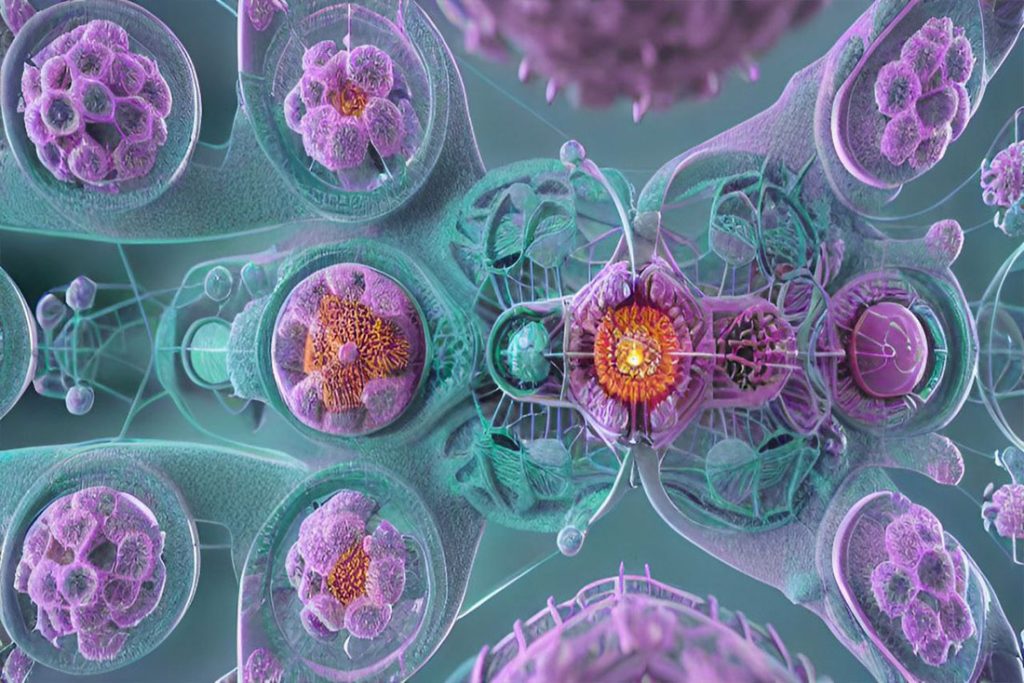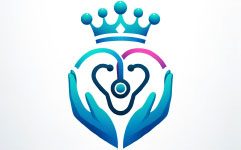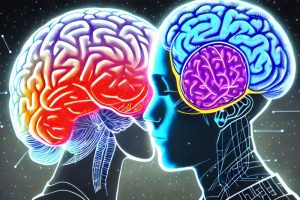Interconnectedness of Systems, Organs, Tissues, and Cells: Maintaining Balance for Optimal Functioning
The human body is a complex and intricate system composed of various interdependent components, including systems, organs, tissues, and cells. Each of these components relies on the others to function properly and maintain homeostasis. This article explores the interconnectedness of these elements and highlights the consequences that can arise when the balance is disrupted, using the example of dehydration.

Tissues and Cells
Systems, Organs, Tissues, and Cells
Systems: The human body is organized into several systems, such as the circulatory, respiratory, nervous, digestive, and musculoskeletal systems. Each system consists of organs that work together to perform specific functions necessary for the body’s overall well-being.
Organs: Organs are complex structures made up of different types of tissues that carry out specialized functions. Examples of organs include the heart, lungs, brain, liver, and kidneys.
Tissues: Tissues are groups of similar cells that work together to perform a specific function. Connective tissue, epithelial tissue, nerve tissue, and muscle tissue are examples of the various types of tissues in the body.
Cells: Cells are the basic building blocks of all living organisms. They are highly specialized and carry out specific functions within tissues and organs. Cells interact with their environment and communicate with each other through complex signaling pathways.
Interdependence and Functioning
The proper functioning of systems, organs, tissues, and cells relies on their interdependence and continuous communication. When one component is affected, it can have cascading effects on the others, ultimately impacting overall body function and homeostasis.
Example: Dehydration
Dehydration is a condition that occurs when the body loses more fluids than it takes in. This imbalance can have a profound impact on various levels of the body’s organization:
- Cells: When cells lose water, they undergo shrinkage, which affects their ability to carry out essential functions and maintain their internal environment.
- Tissues: The shrinkage of cells within tissues can lead to tissue dehydration, compromising their structural integrity and impairing their proper functioning.
- Organs: Dehydration affects organ function, such as decreased fluid volume in the brain tissue, which can lead to headaches, dizziness, and confusion. In addition, blood becomes thicker due to decreased fluid content, resulting in reduced oxygen and nutrient delivery to organs.
- Systems: The circulatory system, responsible for distributing oxygen and nutrients, may struggle to transport thicker blood efficiently. Rapid breathing and muscle cramps can occur as the body attempts to compensate for the lack of fluid.
The human body is a complex web of interconnected systems, organs, tissues, and cells. Their interdependence is crucial for maintaining balance and optimal functioning. Disruptions in this delicate balance, such as dehydration, can have widespread effects throughout the body. Recognizing and understanding these interconnected relationships can help promote a holistic approach to healthcare, emphasizing the importance of maintaining overall well-being and addressing issues at various levels of organization. By nurturing the harmony between systems, organs, tissues, and cells, we can support the body’s ability to function optimally and thrive.











